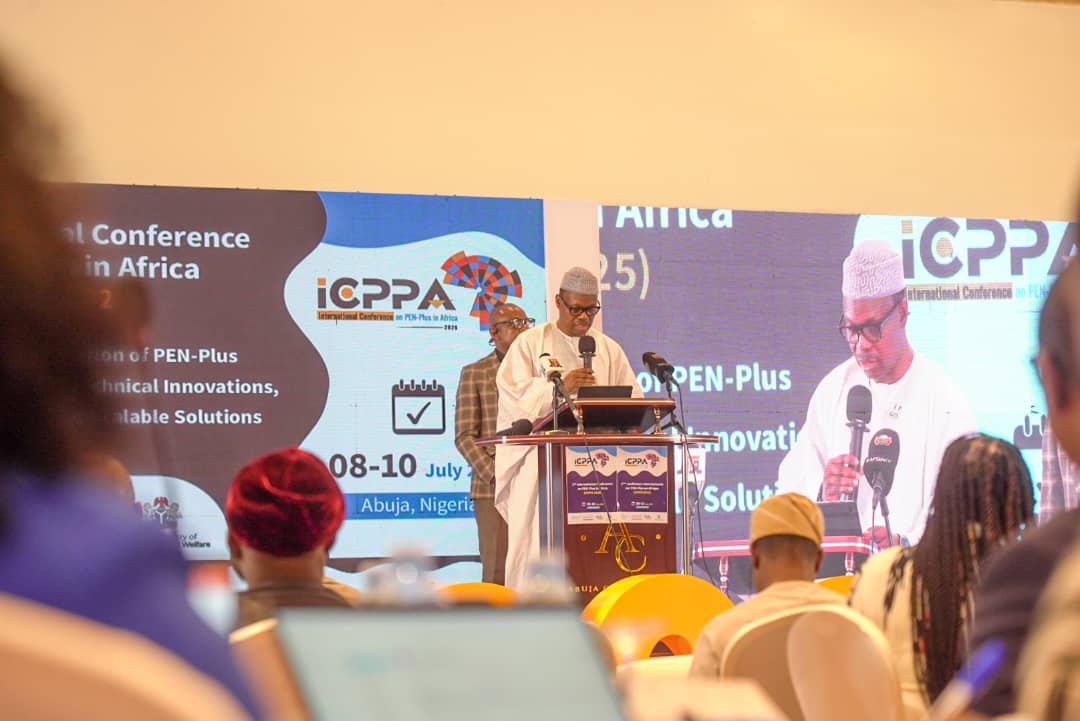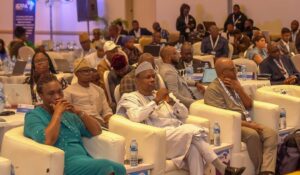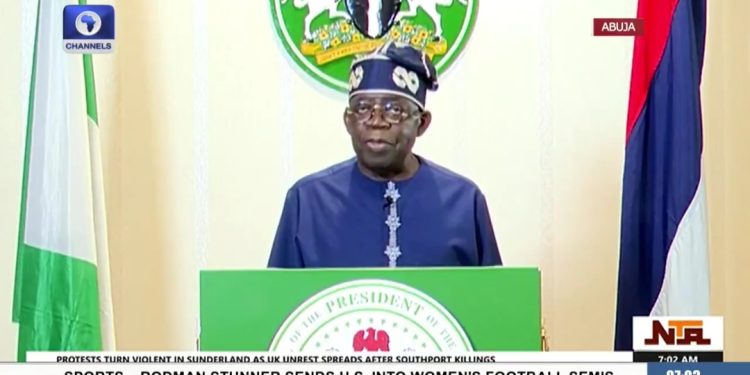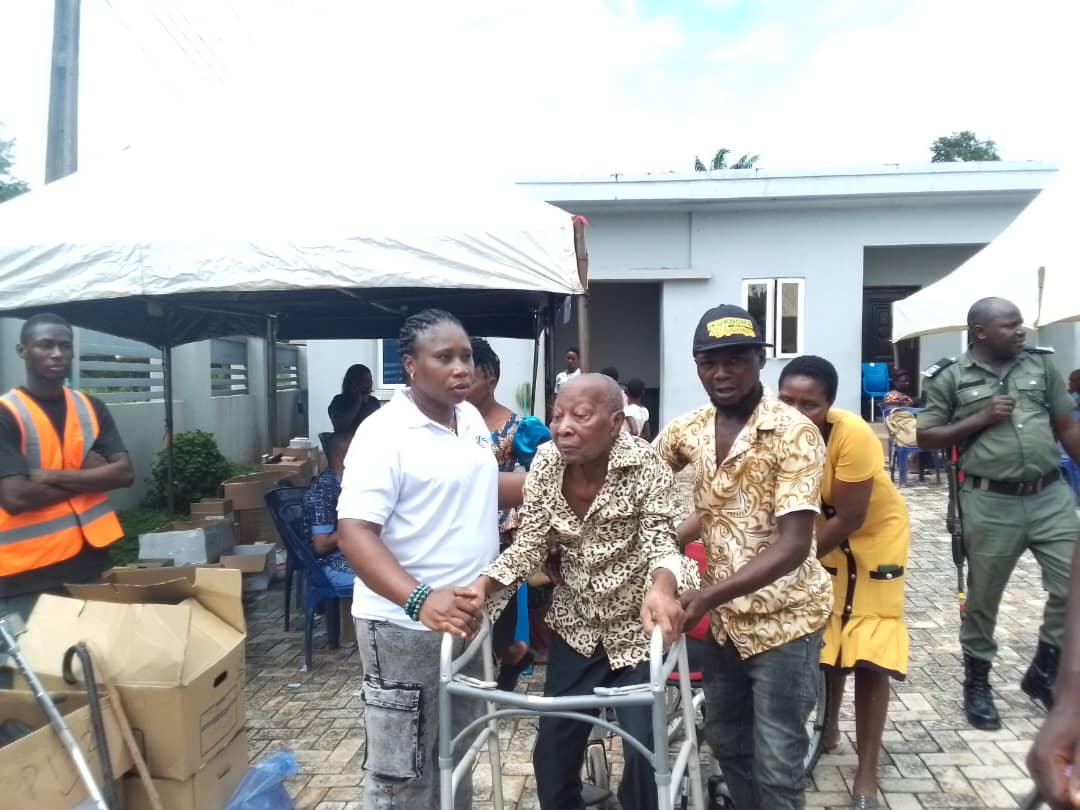
The Federal Government has reaffirmed its unwavering commitment to tackling the growing burden of severe non-communicable diseases (NCDs) in Nigeria and across Africa, as it hosted the 2nd International Conference on PEN-Plus in Africa (ICPPA 2025) from July 8 to 10 in Abuja.
Delivering the keynote address, the Minister of State for Health and Social Welfare, Dr. Iziaq Adekunle Salako, underscored the urgent need to address conditions such as Type 1 Diabetes Mellitus, Sickle Cell Disease, and Rheumatic Heart Disease. He emphasized the importance of the PEN-Plus strategy, a World Health Organization (WHO)-supported initiative designed to expand access to essential care for severe NCDs at the first referral level.

“Africa must rise to tackle the NCD burden not just as a health issue, but as a matter of human security, economic progress, and sustainable development,” Dr. Salako said.
He stated that the initiative aligns with President Bola Ahmed Tinubu’s Renewed Hope Agenda, which positions health as a fundamental human right. Dr. Salako revealed that NCDs account for 24–30% of deaths in Nigeria, disproportionately affecting individuals in their most productive years.
To address the crisis, he highlighted several government interventions, including:
The National Policy and Strategic Plan of Action for the Prevention and Control of NCDs;
Task-shifting and task-sharing policies; and
The rollout of the Nigeria Essential Package of NCDs (N-PEN) at the primary healthcare level.
“Let us be part of history by saving this generation and generations unborn from the financially devastating, emotionally traumatizing, and physically agonizing effects of these severe NCDs,” he urged.
Representing the Permanent Secretary, Daju Kachallom, mni, Director of Food and Drug Services at the Ministry, Pharmacist Olubunmi Aribeana, reiterated the government’s commitment to safeguarding the health of vulnerable populations—especially children and adolescents.
“Every child with Type 1 Diabetes deserves insulin. Every adolescent with Sickle Cell Disease deserves comprehensive care. Every rural clinic must be empowered to manage complex NCDs,” she said.
She also acknowledged the contributions of WHO, Africa CDC, UNICEF, and other partners in advancing care for NCDs, while calling for sustained support to address gaps in service delivery.
Dr. Alex Gasasira, Acting WHO Representative in Nigeria, applauded the Federal Government’s leadership in convening the high-level conference and reaffirmed WHO’s commitment to advancing the PEN-Plus strategy.
“We appreciate the excellent coordination by the Federal Ministry of Health and the opportunity to deepen partnerships that can accelerate access to care for those most affected,” he said.
He also introduced a video address from the new WHO Regional Director for Africa, Prof. Mohamed Yacoub Janabi, who assumed office a week prior to the conference.
Prof. Janabi lauded Nigeria’s bold leadership, referencing the 2019 launch of its multisectoral NCD action plan and key steps taken since to bolster the country’s health system.
“Across Africa, the burden of severe NCDs is rising. Without treatment, these conditions are lifelong and often deadly,” he warned.
He credited support from partners such as the Leona M. and Harry B. Hemsley Charitable Trust and the NCDI Poverty Network for expanding PEN-Plus services to 20 African countries, benefiting over 15,000 patients. Malawi, he noted, serves as a model, with six secondary-level facilities offering PEN-Plus care and over 440 trained health workers.
“We must scale PEN-Plus to all 47 member states by investing in local health workers and ensuring access to those who need it most,” Janabi urged.
READ ALSO: PWYP, NSWG Pay Condolence Visit to NMCO DG, Reaffirm Commitment to Transparency in Mining Sector
Senate Mourns Late Professor Janet Punyit Plang, Wife of Distinguished Senator from Plateau
Senate Mourns Late Professor Janet Punyit Plang, Wife of Distinguished Senator from Plateau
The three-day event brought together NCD focal points from African health ministries, development partners, donors, civil society, and private sector players to share best practices and chart a unified course forward.
In his vote of thanks, the Director of Public Health, Federal Ministry of Health and Social Welfare, expressed gratitude to WHO and sponsors for supporting the successful hosting of the conference. He expressed hope that the outcomes would reinforce continental efforts to reduce NCD-related morbidity and mortality.





